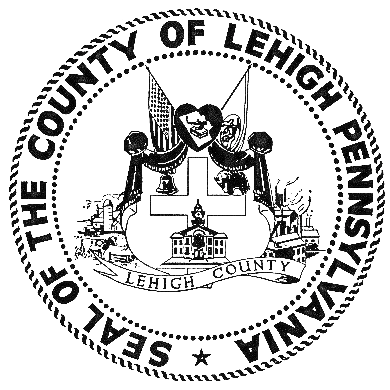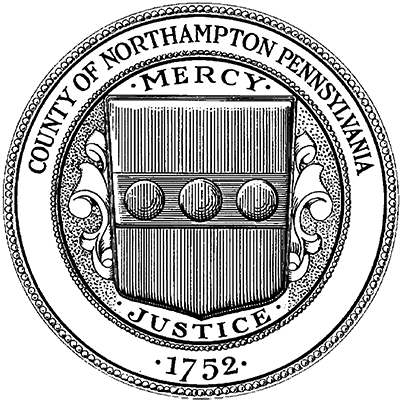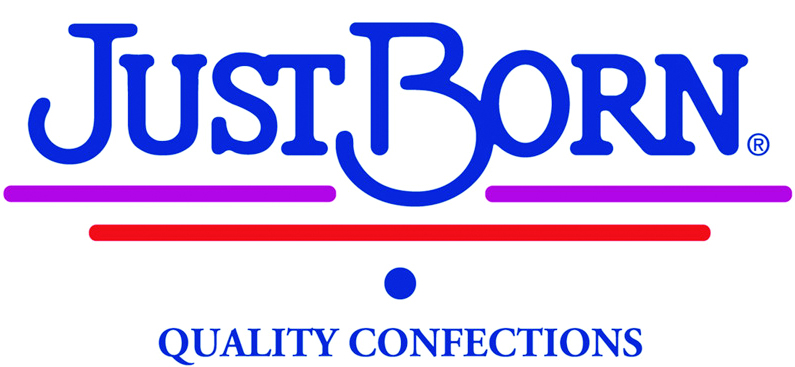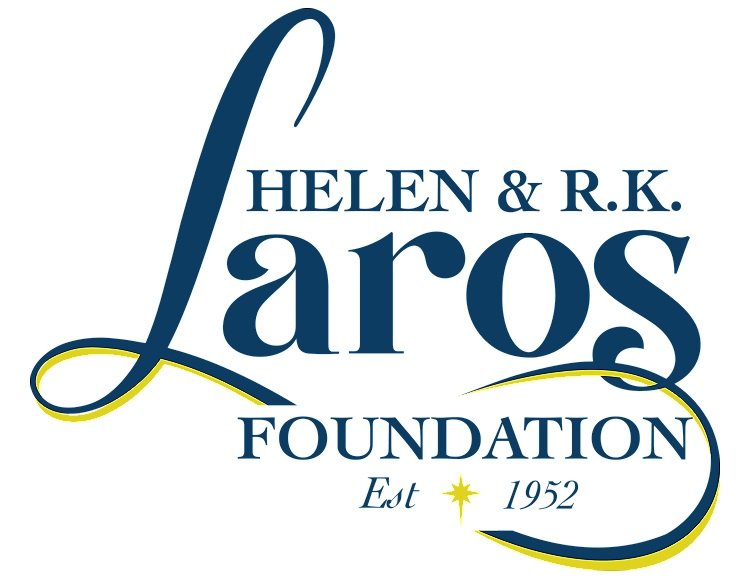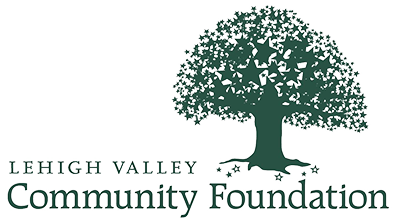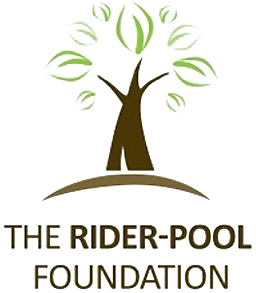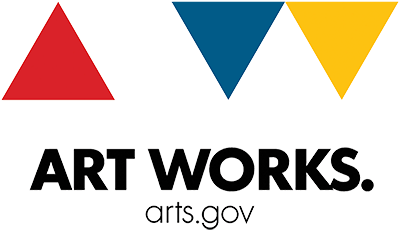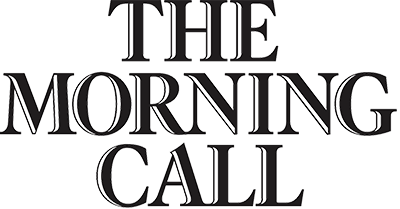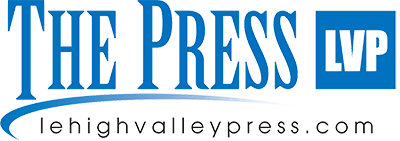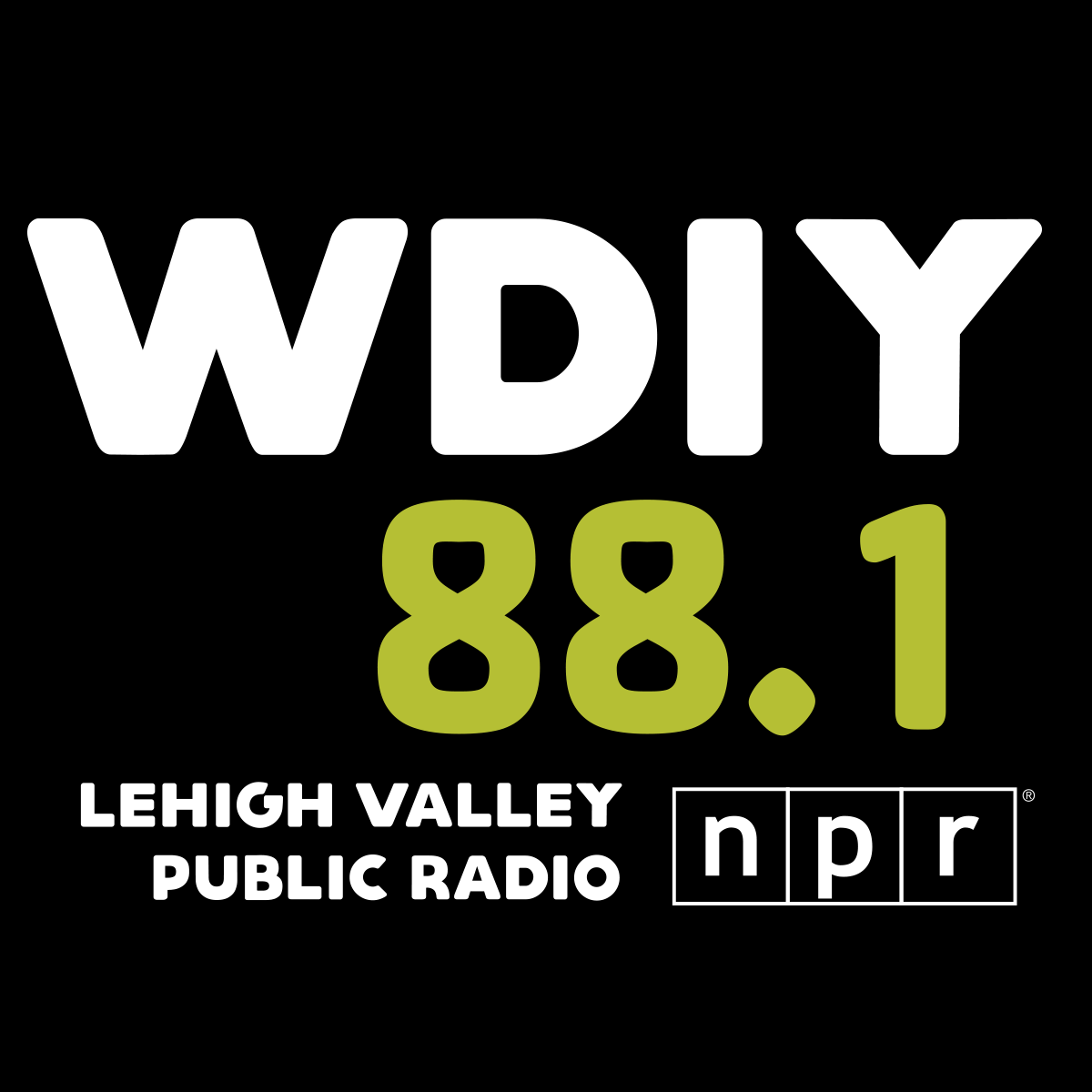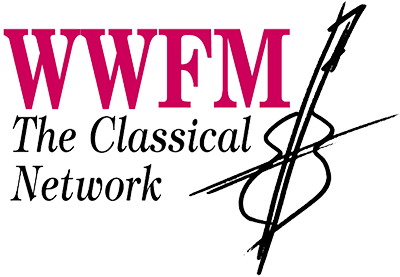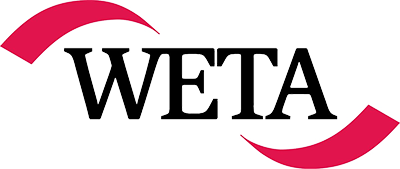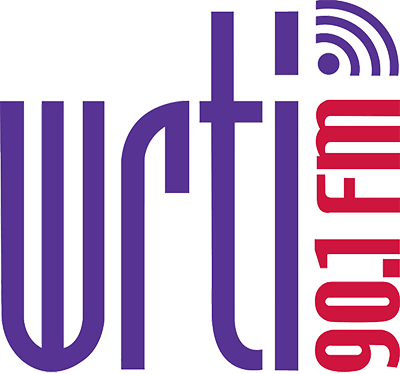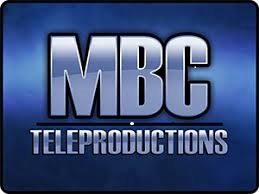Happy New Year! The Bach Choir is going to begin the New Year with the fire and passion of one of Bach’s favorite composers, Antonio Vivaldi. Bach’s library had several items of Vivaldi, and he frequently transcribed Vivaldi’s music for other instruments (including a piece on the program tomorrow!). The program will begin with that transcription, the Concerto in D-Minor for Two Violins and Strings, transcribed by Bach for organ. We’ll be privileged to hear our assistant conductor and keyboard artist Tom Goeman put Central Moravian’s fine organ through its paces on this piece. As an organist, I like hearing organ works at Bach at Noon for several reasons: it’s opportunity to hear the music of one of the greatest composers for the instrument in context with his other music; our audiences tend to be better listeners than in the organ’s other context, church services (where it often serves as a catalyst for loud conversation); it gives our audiences an opportunity to hear Tom’s arch artistry – he plays with both passion and maturity, with sensitive articulation and a wonderful sense of musical line, which can be difficult to convey on the organ. We’re in for a treat.
Following the Concerto, we’ll continue with Vivaldi’s cheerful and beautiful Gloria. This work often gets the treatment from community choirs as a baroque choral work more accessible to amateur singers. I’m not sure why, exactly – I find that the notes are easy enough in the large picture, but the challenges of tuning, of line, of articulation, and emotional and spiritual involvement can be much more elusive. We recorded this piece on our first CD for Analekta, and a lot of careful work went into its preparation. I’m looking forward to another chance to perform it – it will be a great way to greet the New Year. In a sense, Vivaldi is looking back, not only to his early baroque forbearers, like Monteverdi and Gabrieli, but even further back, to Renaissance polyphonists, such as Palestrina. In the second movement, the Et in terra pax, one hears the gorgeous sweeping lines of Palestrina, with cosmopolitan (to Vivaldi) Italian string writing superimposed over the vocal work. There are friendly dueling divas in the Laudamus te, a more reflective and rapt hymn of praise in the Domine Deus, a galloping anthem in the Domini, Fili, unigenite, and a plaintive plea for mercy in the Domine Deus, Agnus Dei. Vivaldi is an excellent text-painter in each of the moments, and the piece concludes with a wonderful Cum Sancto Spiritu, complete with high trumpet and festive orchestration. With all the beautiful singing, we mustn’t discount the wonderful obligati of our wonderful orchestral musicians. You’ll hear stunning string, oboe, and trumpet playing, as well. I also hope that listeners will hear echoes of Vivaldi in Bach’s music – there’s no question that Vivaldi was quite an inspiration to his German colleague!
One last feature of this concert will be the soloing of members of The Choir. It was to have been mostly Choral Scholars (our high school student singers) for most of the movements, but, sadly, several had to offer their regrets on account of illness. Their (slightly) older colleagues have jumped to the fore, and will sing smashingly. Our best wishes and prayers for speedy recoveries to those unable to sing!
Come early tomorrow morning (the doors open at 11:30) to secure a good seat!





